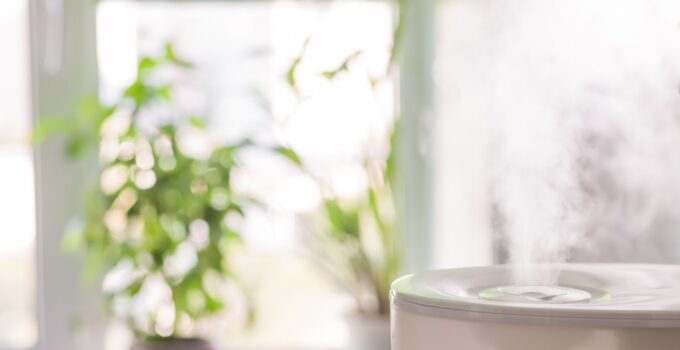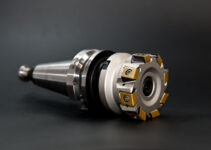Have you ever considered the importance of air filters in your home or office? While air filters may seem like a small and insignificant component of your HVAC system, they play a vital role in maintaining a healthy indoor environment. However, with the variety of air filter options available, it can be challenging to determine if they are worth the investment.
As a consumer, it’s understandable to feel overwhelmed by the variety of air filter options available on the market. With so many different types and price points, it can be challenging to determine whether investing in an air filter is worth it for you.
The good news is that air filters can benefit your health and comfort. By removing airborne particles and contaminants from your air, air filters can help reduce allergy and asthma symptoms, improve indoor air quality, and create a more comfortable living environment. That stated, how do air filters work?
How Do Air Filters Work?
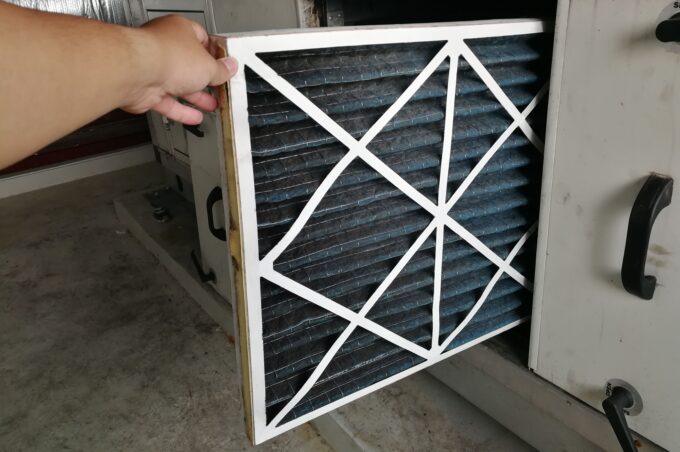
Source: bhg.com
Air filters remove particles and contaminants from the air that passes through them. They are commonly used in heating, ventilation, and air conditioning (HVAC) systems, as well as in air purifiers and other applications where clean air is important.
The most common type of air filter is a mechanical filter, which uses a fibrous material such as fiberglass, polyester, or cotton to trap particles as they pass through the filter. These particles include dust, pollen, pet dander, and other small airborne particles.
As air flows through the filter, the particles become trapped in the fibers, allowing clean air to pass through. Over time, the filter can become clogged with particles, reducing its effectiveness and potentially causing damage to the HVAC system. For this reason, it’s important to replace air filters regularly, typically every 1-3 months, depending on usage and other factors.
Some air filters use electrostatic charges to attract and trap particles, while others use activated carbon to absorb odors and other chemicals. HEPA filters are the mechanical filter that is highly effective at removing very small particles, such as allergens and some viruses, from the air.
Below are some of the reasons why air filters are a worthy investment:
Improved Indoor Air Quality
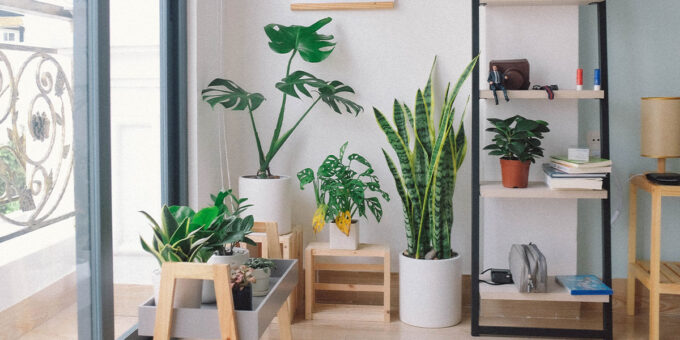
Source: airodoctor.com
High-quality air filters can significantly improve indoor air quality by trapping and removing harmful particles and pollutants. Improved indoor air quality has numerous health benefits, including reduced respiratory problems, allergies, and other health issues. Therefore, investing in air filters can provide significant health benefits in the long run.
Energy Savings
One of the most significant benefits of air filters is that they can help reduce energy costs. When air filters become clogged with pollutants, it causes HVAC systems to work harder and use more energy to circulate air. Regularly replacing air filters ensures that your HVAC system runs more efficiently, reducing energy costs and saving you money on your monthly utility bills.
Extended HVAC Lifespan
Air filters can help protect your HVAC system from damage caused by pollutants and contaminants. By trapping these particles before they enter the system, you can help extend the lifespan of your HVAC system and avoid costly repairs or replacements in the future.
Cost of Air Filters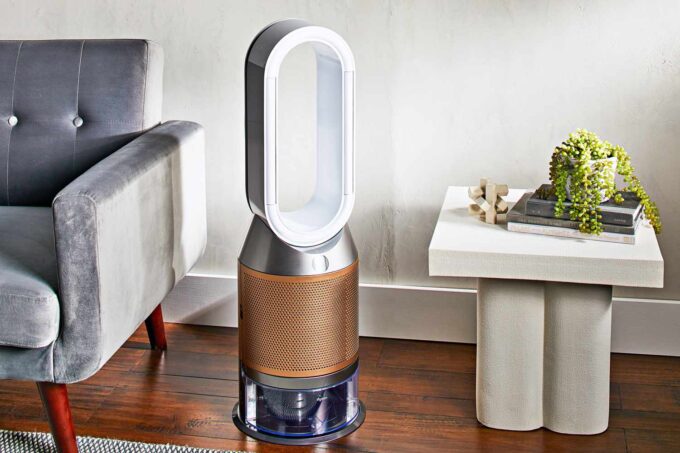
While high-quality air filters may have a higher initial purchase price, it’s essential to consider the long-term benefits when conducting a cost-benefit analysis. The cost of air filters will vary depending on the type and size you need. However, investing in air filters can provide significant long-term benefits, including improved indoor air quality, energy savings, and extended HVAC lifespan.
Buying from a reputable manufacturer is advisable to enjoy the benefits of your air filter. Here are the reasons you should get your air filter from Filter King:
- Quality Assurance: Reputable manufacturers have a reputation to maintain and are more likely to produce high-quality air filters that meet industry standards. With quality assurance, you can trust that the air filter you’re purchasing is efficient and reliable.
- Warranty and Guarantee: Reputable manufacturers typically offer warranties and guarantees for their products, giving you peace of mind that your investment is protected. If you encounter any issues with your air filter, you can contact the manufacturer for assistance or a replacement.
- Customer Support: Reputable manufacturers often have excellent customer support and can assist with any questions or concerns regarding the air filter. They can also guide you on the best air filter, ensuring you get the most suitable product for your home or office.
- Availability of Replacement Filters: Reputable manufacturers typically have a steady supply of replacement filters, making maintaining your air filter’s efficiency easier. You can trust that you’ll be able to find a replacement filter when you need it, ensuring that your indoor air quality remains optimal.
When you buy your air filter, you should ensure you know how to maintain it properly. Here are some of the helpful tips:
- Check the filter regularly: Check your air filter at least once a month to see if it needs cleaning or replacement. A dirty or clogged filter can restrict airflow and reduce the filter’s effectiveness.
- Clean or replace the filter: If your filter is dirty, gently vacuum or wash it according to the manufacturer’s instructions. Some filters are reusable and can be washed and reused multiple times, while others are disposable and should be replaced.
- Use the right type of filter: Make sure you use the right filter for your HVAC system. Check the manufacturer’s recommendations or consult a professional if you’re unsure what filter to use.
- Change the filter on schedule: Replace disposable filters on schedule, typically every 1-3 months, depending on usage and other factors. Set a reminder to replace your filter regularly so you don’t forget.
- Keep the area around the filter clean: Make sure the area around the air filter is clean and free from debris, as this can also impact airflow and the filter’s effectiveness.
- Schedule professional maintenance: Consider scheduling professional maintenance for your HVAC system, including checking and replacing air filters. A professional can help ensure that your system is running efficiently and effectively.
By following these tips, you can help ensure that your air filter is working properly and that your indoor air quality is as clean and healthy as possible.
Wrapping Up
When investing in an air filter, it’s essential to do your research and choose a manufacturer that you can trust to ensure that you’re getting a high-quality product that meets your needs. Regularly replacing air filters is a simple yet effective way to ensure a healthier and more efficient indoor environment for you and your family or colleagues.

